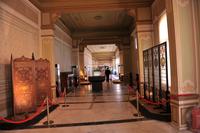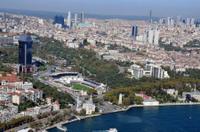STUDENTS

Education System in Turkey
According to the Constitution of the Republic of Turkey, every citizen has the right to education which is free of charge for the compulsory primary education. Except in specially licensed and foreign institutions, Turkish must be taught as the mother tongue. Since 2012, twelve years of education is compulsory for boys and girls, which can be divided into 4+4+4 years of schooling. The Ministry of National Education (MEB) runs educational administration of the country and is responsible for drawing up curricula, coordinating the work of official, private and voluntary organizations, designing and building schools, developing educational materials and so on. The Supreme Council of National Education discusses and decides on curricula and regulations prepared by the Ministry. In the provinces, educational affairs are organized by the Directorates of National Education appointed by the Minister, but working under the direction of the provincial governor.
The academic calendar generally begins in mid-September and extends through to mid-June, with some variations between urban and rural areas. The school day usually have a morning and an afternoon session. Schools are in session for five days a week (Monday to Friday) in a total of 35-40 hours. There is a two week winter break between January - February. Universities usually organize the academic year into two semesters, usually between October - January and between February/March - June/July. The Turkish National Educational System is composed of two main sections: Formal Education and Non-formal Education
Formal Education
Formal education is the regular education of individuals in a certain age group and given in schools. This includes Pre-Primary education, Primary education, Secondary education and Higher education institutions.
Pre-Primary education
Pre-Primary education is an optional education for children between 3-5 years of age who are under the age of compulsory primary education. The purpose of this education is to ensure physical, mental and sensory development of children and the acquisition of good habits, to prepare children for primary education, to create a common atmosphere of growth for those living in inconvenient circumstances and to ensure that Turkish is spoken correct and well. Pre-school education is given in kindergartens, daycare homes, nursery classes in primary schools, and in private nurseries, all under the supervision of the Ministry. They are usually concentrated in larger towns and cities.
Primary Education
With a new Law in 2012, four years of Elementary school + four years of Middle school is compulsory today, followed by four years of compulsory high school education (makes a total of 12 years compulsory education). Primary education is compulsory for all boys and girls at the age of 5,5, and is given free of charge in public schools. These schools provide eight (4+4) years of education. There are also private (and paid) schools under State control. In most of the primary schools, foreign language lessons start from 4th class. Most elementary school students dress similarly in a type of uniform to avoid any social class differences between rich and poor students. If the children fails to pass the class, he/she has to repeat the same class next year. At the end of 8 years, successful students go for the Secondary education for 4 more years.
The purpose of the primary education is to ensure that every child acquires the basic knowledge, skills, behaviors, and habits to become a good citizen, is raised in line with the national moral concepts and is prepared for life and for the next education level parallel to his/her interests and skills.
Secondary Education
Secondary education is compulsory for four years and covers general, vocational and technical high schools (Lycees, Lise in Turkish) that provide four years of education (used to be 3 years until 2005).
• General high schools prepare students for higher learning institutions. Some of the secondary schools and the private secondary schools have foreign language preparatory classes. This kind of private lycees have double language education (such as Italian High school, German High school, Austrian High school, French High school, and so on).
• Vocational and technical high schools provide specialized instruction with the aim of training qualified personnel.
• Technical lycees include special formations such as electricity, electronics, chemistry, machinery, motors, building, etc.
• Vocational lycees can be Industrial Vocational Lycees; Girls' Vocational Lycees (home economics etc.), Public Health Vocational Lycees, Commercial Vocational Lycees, Agricultural Vocational Lycees, Meteorology Vocational Lycees, Animal Husbandry Vocational Lycees, Land Registration and Cadasters Vocational Lycees, etc.
The purpose of secondary education is to give students a minimum common culture, to identify individual and social problems, to search for solutions, to raise awareness in order to contribute to the socio-economic and cultural development of the country and to prepare the students for higher education, for profession, for life and for business in line with their interests and skills.
In addition to normal high schools, there are also evening high schools usually operating in the same school building. These are designed to allow those who take up employment after primary (or middle school) to continue their formal education.
Most of the high schools are owned by the State and provide free educational opportunities. In order to provide equal opportunities for the children with limited finances, there are State high schools with boarding facilities. These schools are free of charge and the students are placed according to the results of an examination. There are also many private high schools, which are paid by the parents, of course. Graduates of the high schools can attend universities if they can pass admission exams.
Higher Education
Turkish universities are Republican institutions, following Atatürk's principles. Universities, faculties, institutes, higher education schools, conservatories, vocational higher education schools, police and military academies and colleges, and application-research centers are considered as Higher Education institutions.
Universities, faculties and institutes of four-year higher education schools are founded by Law, while the two-year vocational schools, departments and divisions are established by the Council of Higher Education (YÖK). Universities are under the supervision of this Council and their programs must be regularly accredited. The Council of Higher Education is a fully autonomous national board of trustees without any political or government affiliation. Universities have their rectors, deans, senate, and administrative boards, as well as student councils. In the universities, the instruction is generally in Turkish. Some universities use English, French and German as the language of instruction with one preparatory year if necessary.
After the high school, the graduates enter a two-stage examination system known as YGS and LYS (formerly known as ÖSS - Student Selection Examination) in order to be admitted to Higher Education institutions. This nation-wide centralized examinations are administrated by the Student Selection and Placement Center (ÖSYM) every year, which determines candidates for the enrollment of each university and faculty after evaluating the grades of related subjects, their high school average results and their preferences according to the student capacity of each faculty. Those with good grades are qualified for the four-year undergraduate programs and at the end they can get a Bachelor's Degree (BA), those who have grades at the limit can be admitted to the two-year higher education programs and at the end they can get an Associate's Degree (AA). Dentistry and Veterinary Medicine courses last for five years and Medicine for six years.
After a four-year faculty, one can go further for his/her Master's Degree which lasts for two years with thesis and non-thesis options. Access to doctoral programs requires a master's degree and have a duration of minimum four years with a doctoral thesis at the end. The graduates of Medicine, Veterinary Medicine and Dentistry can directly apply to PhD/Doctorate programs.
The purpose of higher education is to raise the students in line with their interests and skills, in conformance to the science policy of the country and in consideration of qualified manpower needs of society at several levels, to do researches in scientific areas, to arrange for all kinds of publications that show the research and examination results and facilitate advancement of science and technology, to finalize the researches and examinations demanded by the government and to make comments, to make written or oral public announcements explaining the scientific data that shall increase the general level of Turkish society and enlighten the public, and to give non-formal education. According to the Law, higher education institutions are responsible for the training of their own academic staff. Meanwhile, Primary and Secondary school teachers are trained in universities for 4 years and they get a BA degree at the end. The major source of income of state universities is the funds allocated through the annual State budget, this is equivalent of about 60% of the total university income. In addition to this, a university can generate its own income from the services provided by that university, such as patient care in university hospitals. Student contributions to state universities form only 4% of the total university budget. Meanwhile, the student fees in private foundation (Vakif) universities are much higher.
At present, enrolment in the private universities accounts for only 5% of the total. Clearly, state universities are by far carrying the major portion of the load of higher education in Turkey.
Non-Formal Education
Non-formal education in Turkey is offered by a network of training centers who are supervised by the Ministry of National Education (MEB). Non-formal education services aim to teach reading-writing, help to continue education of students for finish their incomplete education, teach balanced nutrition and a healthy life style, teach people from various professions the knowledge and skills they need to improve themselves, and so on.
There is also Distance Higher Education which is offered at the Open Education Faculty of Anadolu University. This program lasts for 2 or 4 years.
Foreign Students Admission
Foreign students who would like to enroll in the post-graduate programs of the Turkish institutions of higher education can apply directly to universities and must have completed their secondary education in a high school in which the education is equivalent to that of a Turkish lycee; they need to have it confirmed from a Turkish Embassy in their country and apply for a student visa. The applications of foreign students will be considered by the universities within their limit of the allocated places for foreigners. The students must also take the Foreign Student Entrance Examination (YÖS) which consists of two tests; a "basic learning skills test" where they must score at least 40, and a "Turkish language proficiency test" to see their Turkish language level, if any. Language courses are organized for those who do not speak Turkish, and in some Turkish universities courses are taught in English, French or German.
Foreign students must take the Graduate Education Entrance Examination or an international examination (GRE, GMAT, SAT, etc.) required by each university, the equivalency of which is recognized by the concerning university senate. The evaluation of the results of these examinations is carried out by the concerning university.

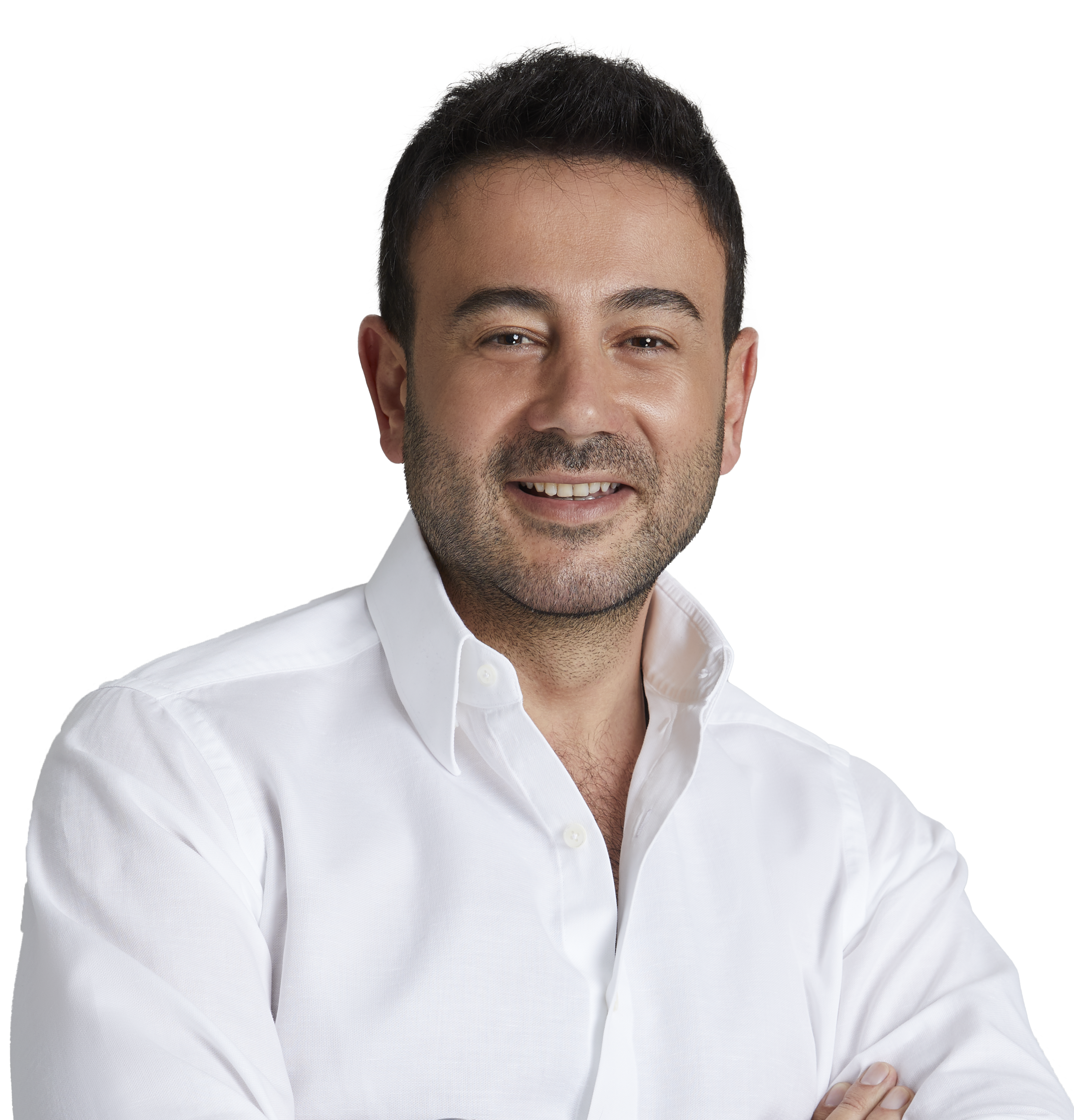

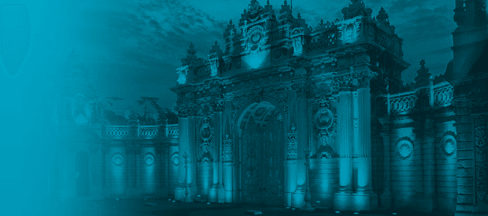












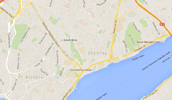

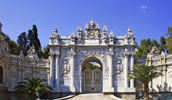



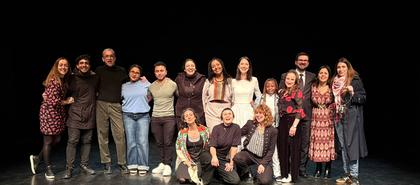
 (1)_420x185.jpg)
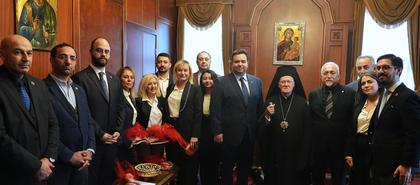

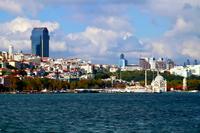


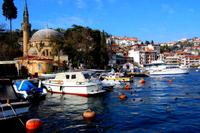


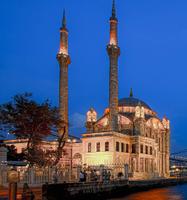
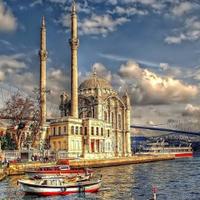
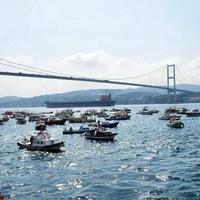
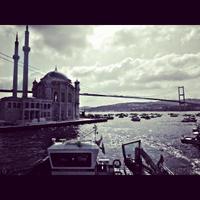
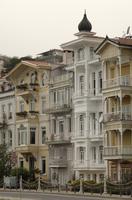
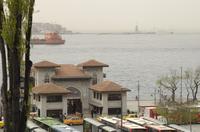
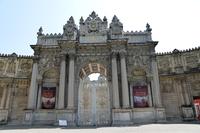
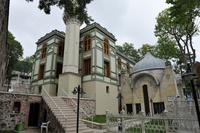
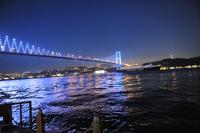
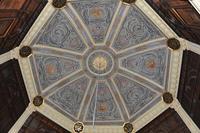



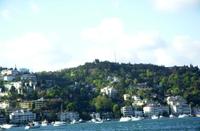
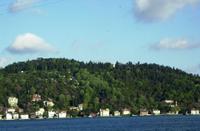
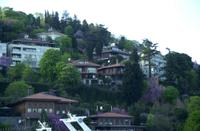
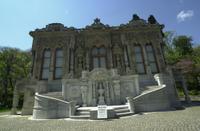
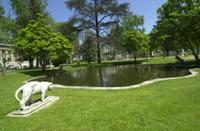
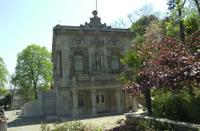
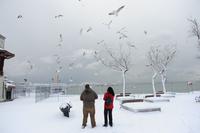
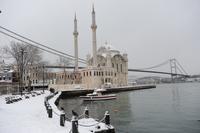

_200x200.JPG)
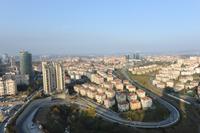
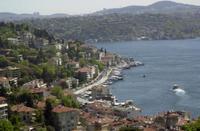
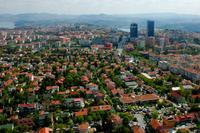
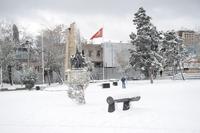
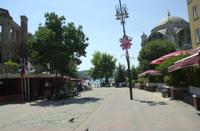

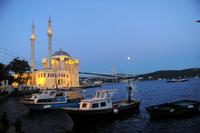
_200x200.JPG)
_200x200.JPG)
_200x200.JPG)
_200x200.JPG)
_200x200.JPG)
_200x200.JPG)
_200x200.JPG)
_200x200.JPG)
_200x200.JPG)
_200x200.JPG)
